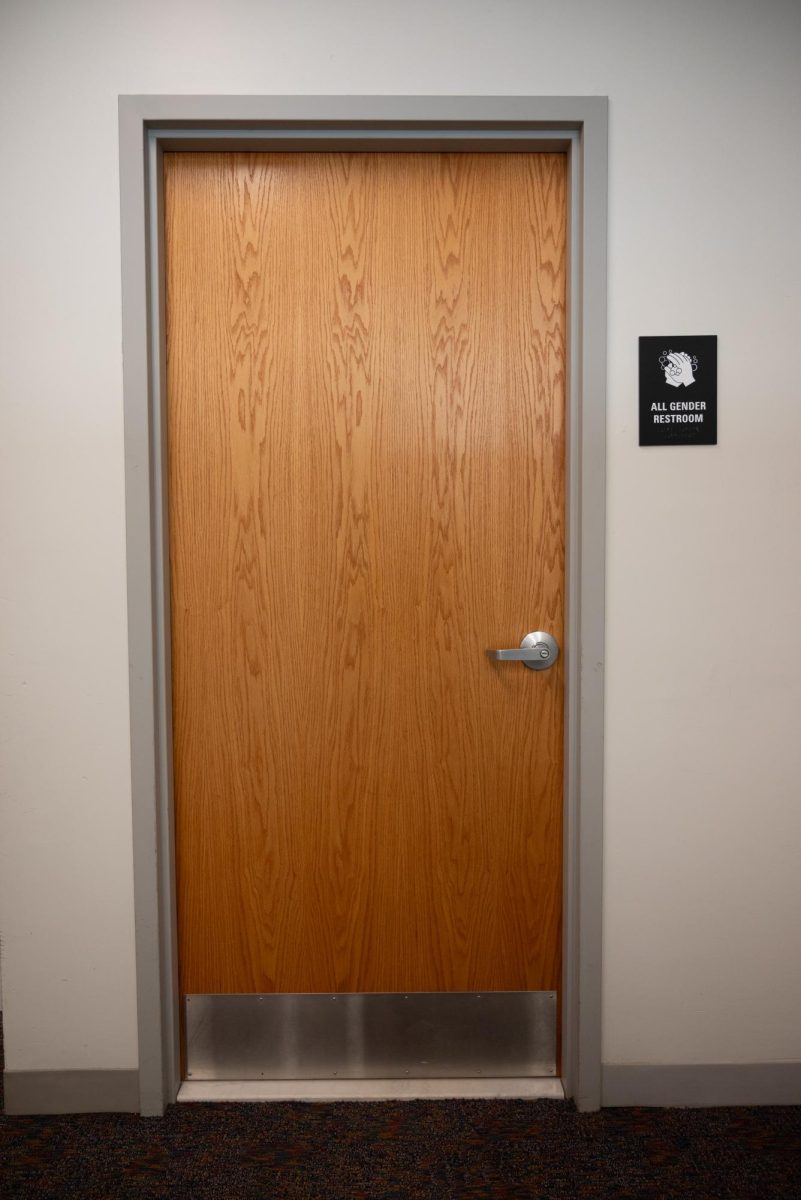Aside from inquiries about the existence of leprechauns (and yes they do exist), one of the most common questions I have been asked since I arrived at Northeastern is the difference between my home university and this one.
Firstly, the teaching faculty here appear to be actually qualified for their job, with genuine life experience in the subject areas in which they are being paid to teach. I am convinced that at home some of the professors wandered in off the street one day to avoid the rain and were offered jobs. Professors here are open and amenable to student interaction. They respond promptly to emails and are usually more than happy to facilitate meetings with their students outside of class. Emails to professors or lecturers as is the nomenclature in Ireland might as well be sent by carrier pigeon – and not particularly efficient pigeons at that.
Class sizes are greatly different. The majority of my classes here have been in relatively small groups, with the professor able to call on students by name. In Ireland students are too often herded into enormous lecture halls where up to one hundred disinterested students fiddle in front of an equally disinterested lecturer. It is a cold, anonymous education.
This anonymity is mirrored in the way students are assessed. Typically in Ireland at the end of a semester there is one giant examination that students face. This places a great deal of stress on students and has bred an inherent culture of poor class attendance and participation rates. At Northeastern there appears to be more of an attempt to foster a continuous assessment-based system whereby students are not burdened with one massive knowledge dump, but with regular and proportional tests.
Irish universities offer quite a rigid curriculum, which is why I have been extremely appreciative of the open electives I am allowed to take outside of my major here. Although I still feel modern third level education is excessively job-oriented, having the option to pursue classes outside your set major is a laudable effort that offers a more rounded education. The rigidity at home is reflected in the transition from our high schools to our universities. You commit to the area of study you think you want to pursue in university even before you have completed high school. If you find that, as might be expected, you may have been mistaken, it is extremely difficult to change your major. This is why I am very envious of the concept of being an “undeclared” major for the first two years of my university education and wish that option had been available to me and others who quite understandably felt hopelessly uncertain as to which area of study to pursue.
The social dynamics of both universities differ vastly. Most students live independently here, either on campus or just off it. While there is a significant amount of students who move from rural parts of Ireland to attend universities in the capital, Dublin, most are from the locality and as such tend to still live at home throughout their university education. This residency of students on and around campus creates a certain vibrancy that simply cannot be recreated by a commuter university. I hasten to add, though, that universities in Ireland have bars on campus. Say I’m perpetuating a stereotype, but I favor this over a 24-hour library.
It is quite evident then that I hold Northeastern in higher esteem than Dublin City University, the school I attend in Ireland. However, I pay less than $3,000 a year for my education, as does everybody else in my country. I am extremely proud that university education in Ireland is still relatively affordable, though this is coming under constant attack. The advantages Northeastern has, however, are not simply synonymous with the larger resources thanks to fees burdened on students. There are certain basic things like a healthier relationship between faculty and students and fairer examination systems that need no great increase in funding to implement. These are ideas that I can bring home and try to inform those who will listen. Perhaps when you visit other countries on exchanges you can return and question if the price of your education is really worth it.
– Greg McInerney can be reached a [email protected].









